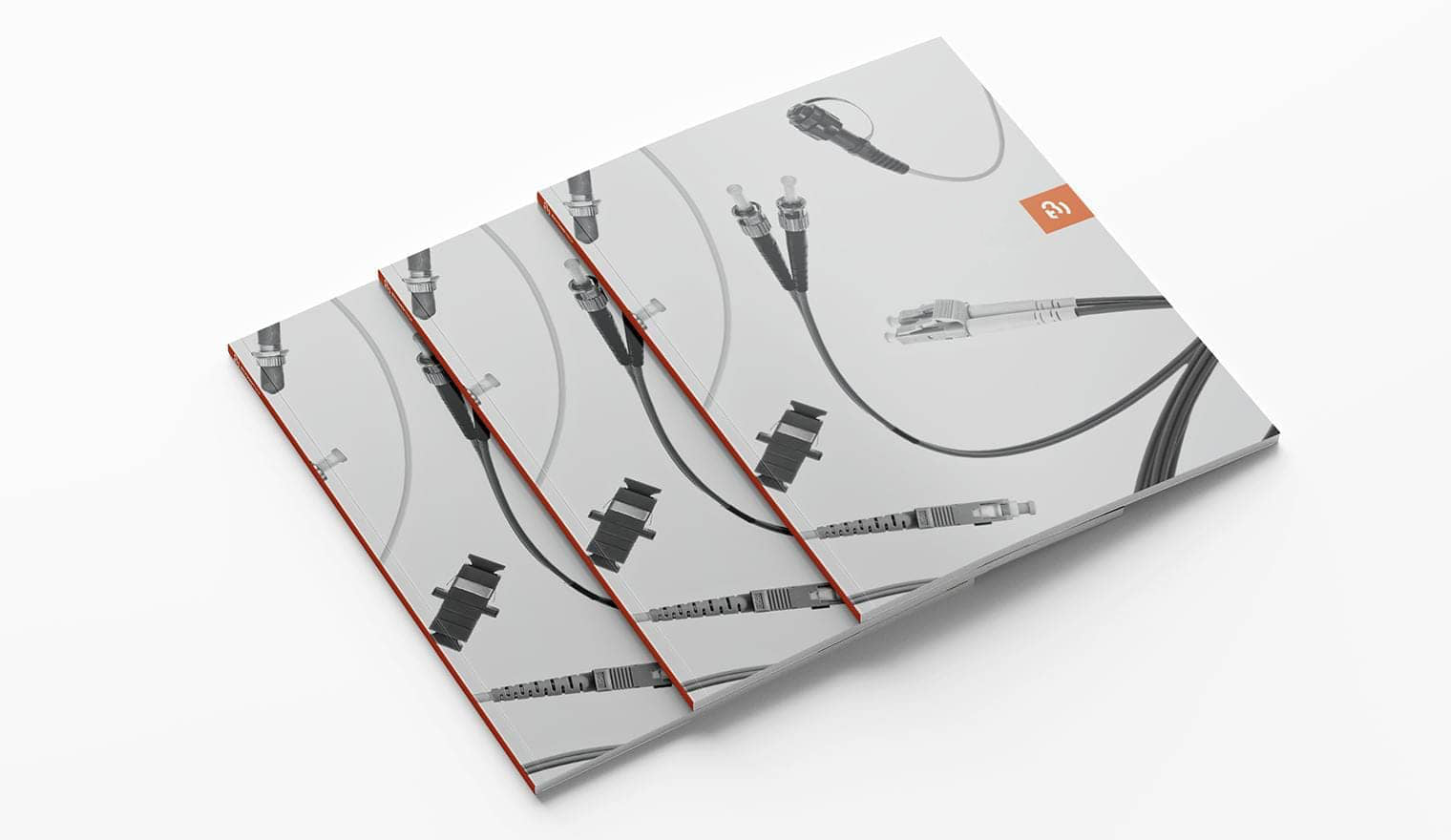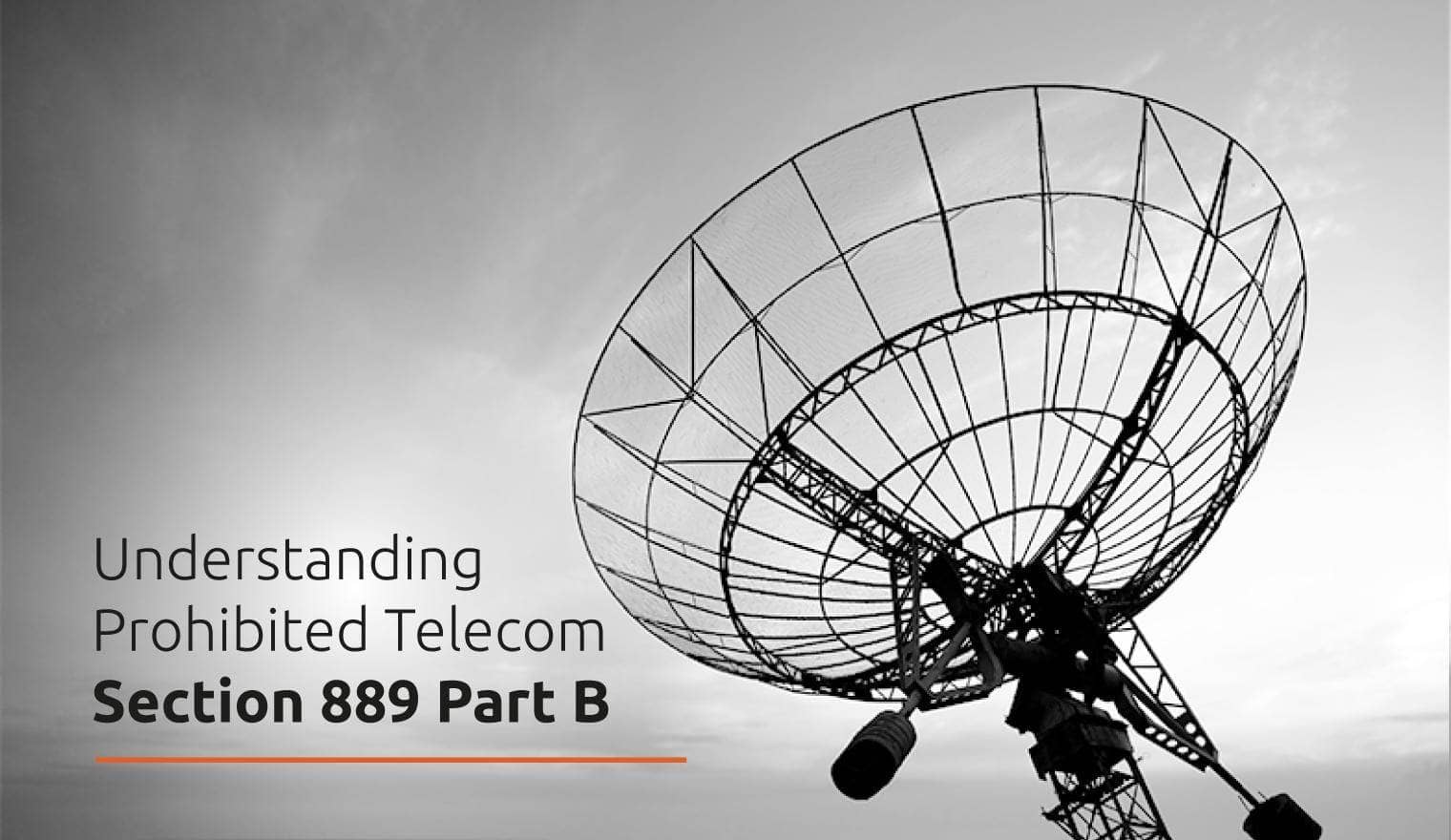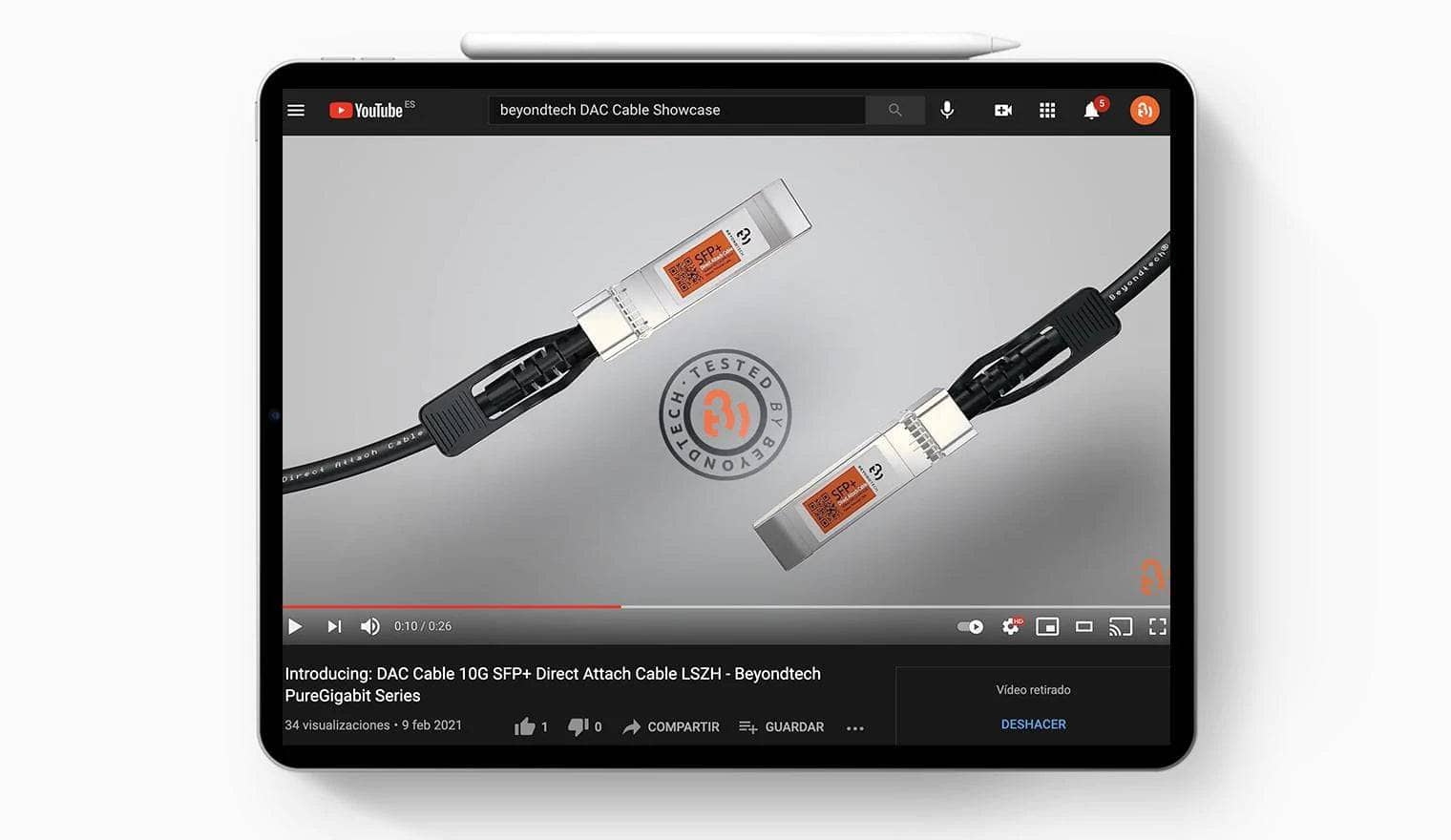Is my SFP (Small form-factor Pluggable Transceiver) compatible with my connection?
As we already explained in a previous post, 10G SFP Direct Attach Cables are basically transmitters of data through ports or line cards in dynamic hardware, like switches and other similar or related network equipment -like servers.
Since SFP’s play such an essential role in transmitting information from one end to another, you need to be aware that there should be compatibility amongst every element in that connection in order to ensure successful communication.
In this regard, SFP feature another great trait: they are fairly adaptable to a large number of scenarios. If you need to modify your connectivity at some point, you may still be able to use the same SFP’s through “side-grades”, a term commonly -and wrongfully- mistaken as “up-grades”, and that essentially refers to the fact that the hardware the SFP is connected to can be automatically re-configured through software codes that are embedded in the transceiver.

Nonetheless, a few established brands in the Telecom industry like to give the impression that, in order to properly ensure compatibility in your connections, you must use an SFP of the same brand as your hardware. And this is just not true.
Additionally, their SFP’s are more expensive than other manufacturer-compatible SFP’s that are practically identical, since they have been built meeting the same MSA standard, and their functionality is almost equivalent to that of those reputable brands’. In a nutshell, they can be used across devices from several manufacturers.
Alright, so how can you guarantee that a certain SFP that you want to buy will be compatible with the piece of hardware you have? No need to worry, just let us walk you through a couple of considerations to make a proper decision:
1. What is the SFP (Small form-factor Pluggable Transceiver) for?
This is the first important question you need to ask yourself. And it is also one that you shouldn’t be taken lightly. At the end of the day, there are a plethora of choices for SFP applications.
You need to focus on the core of any connection: the inputs and the outputs. Also, don’t forget to make sure that the wavelengths match at each end of the connection. If you are able to have a good grasp on these concepts, then you will make significant progress in your research, just because that will determine what type of SFP you need to get.
- Brand and Warranty
Even when we have stated that you don’t really need to buy an SFP from the same manufacturer as your hardware, you need to make sure that you’re getting a robust SFP from a reliable provider. Your concern not only lies in the quality of the product but also in terms of warranty -make sure that the provider you are getting your SFP from also offers a good warranty, customer service, and technical support.
- Keep asking

Before you decide to buy any SFP, it is essential to make sure that it is compatible with the rest of the equipment involved in your connection. However, it shouldn’t really be that big of an issue. Do your research on what your connection needs and the provider you choose, and everything should be in order.
At Beyondtech, we are very proud to offer a durable, flexible and excellent solution that has been fully tested and that is compatible with a vast array of industrial equipment like Cisco, Dell, Mellanox, Fortinet, and Ubiquiti, among many others.
If you have any inquiries regarding SFP compatibility or any other questions, do not hesitate to get in touch with us -we’d be happy to assist you!






